The Complicated Return of the Celebrity Tell-All
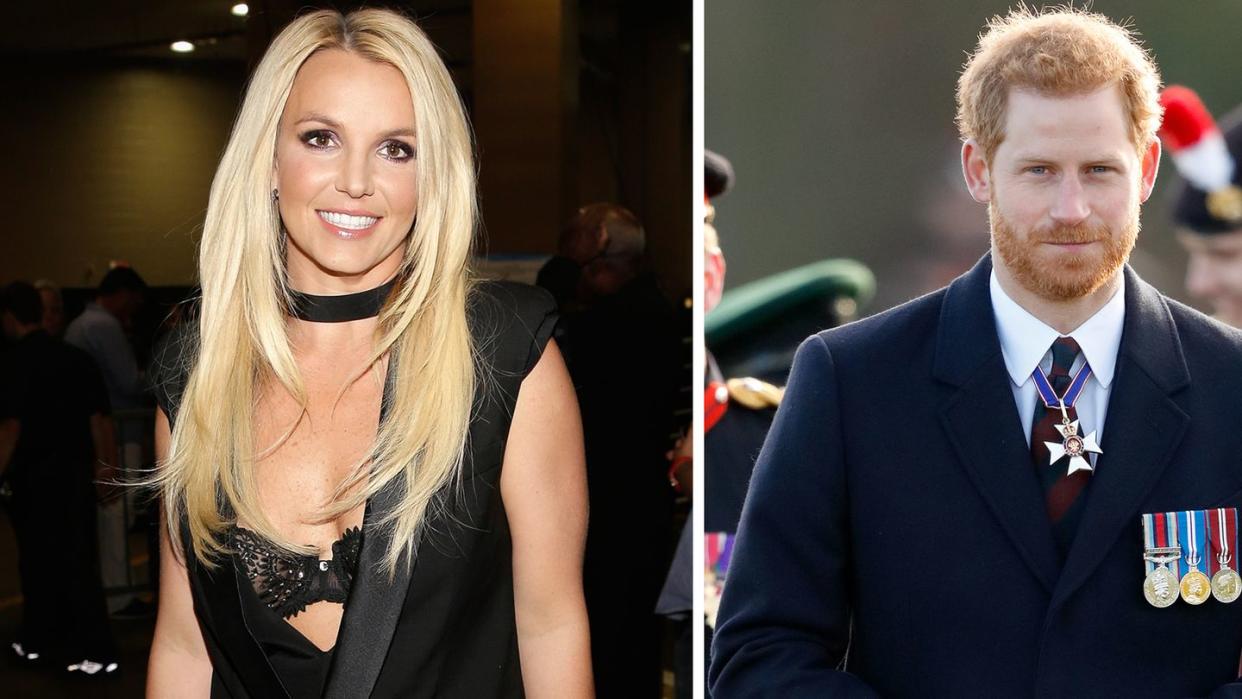
"Hearst Magazines and Yahoo may earn commission or revenue on some items through these links."
It was the last major “Where were you?” moment in pop culture. Where was I? It was November 2021, and it was my friend Jeff’s 30th birthday bash in north London. I was dancing in a crowd that, as a cautious estimate, was made up of 99% queer people. Suddenly, the music stopped. There was an announcement: Britney Spears had finally been released from the conservatorship she had been living under for 13 years. Gay shrieking ensued. “Stronger”—a song that came to symbolize Spears’s fight for freedom and independence—blasted through the speakers.
Two years on, Spears is telling her side of the story in The Woman in Me, a memoir that covers her adjective-defying rise to fame, her public struggles, and the bizarre moments in between—like turning down a role in Chicago and wearing a “full-blown pajama top” as Colin Farrell’s date to a film premiere in 2003. This is the first time Spears has spoken at length about the circumstances that led to her being placed in the conservatorship that gave her father, Jamie Spears, sweeping control over her life—and her decision never to speak to her family again. Ahead of the book’s release, other details previously unknown to the public were leaked—like Spears having an abortion at age 17, when she was in a relationship with Justin Timberlake. In her memoir, Spears talks more openly than ever before about her breakup with Timberlake (and how he publicly shamed her in the aftermath).
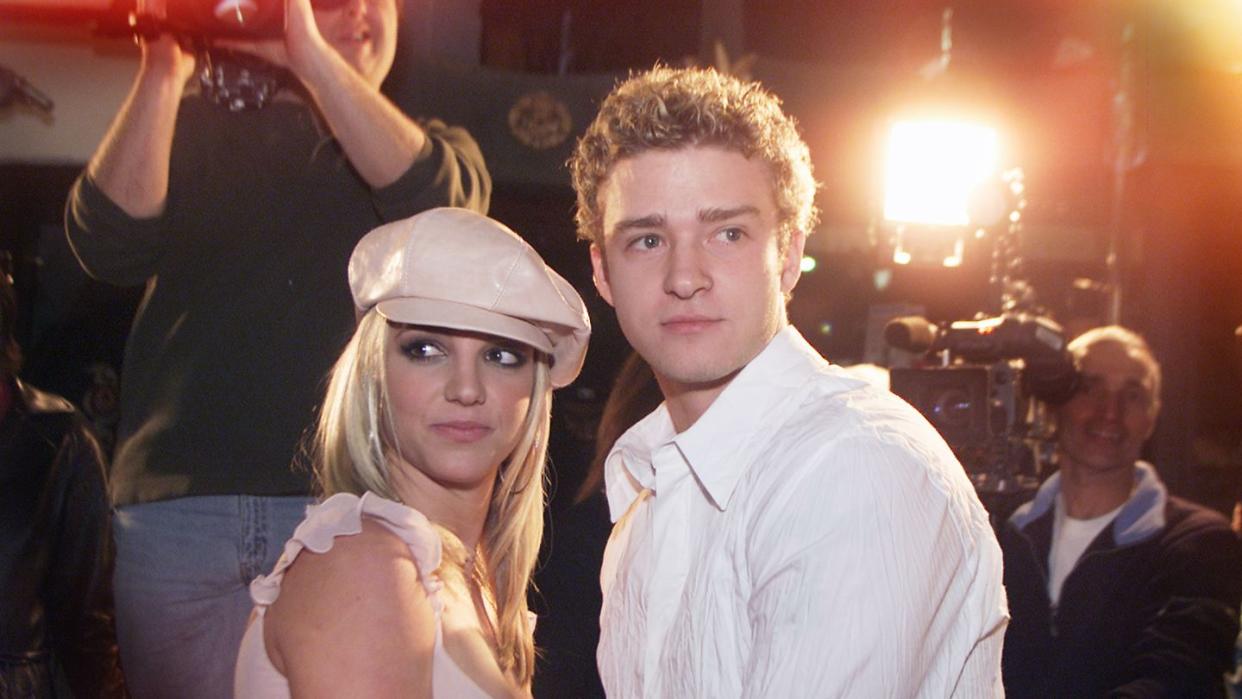
The celebrity memoir is a cultural staple. This week, two more by famous women—Down the Drain by It girl Julia Fox and Thicker Than Water by actor Kerry Washington—are on the New York Times bestseller list. For some time, memoirs have been a marker of cultural legitimacy and relevance for the famous and vaguely famous. Reality TV stars! Athletes! That woman who was Trump’s press secretary for a few months! The square-jawed guy currently polling at 2 percent! They’ve all got a book to promote—and daytime TV is always happy to have them.
There has been a different level of anticipation around Spears’s book, though. It is in another league of memoirs—books by people who are so famous, the word celebrity feels like an ill-fitting and uncouth description. These memoirs are a cultural event. A moment. Take Michelle Obama—inventor of the phrase “When they go low, we go high”—who released Becoming in 2018. The former first lady sold out stadiums on the promotional tour for the book, which was as much an inspirational guide to life—motherhood, work, and living your political values—as a chronicle of her journey from the South Side of Chicago to the White House.
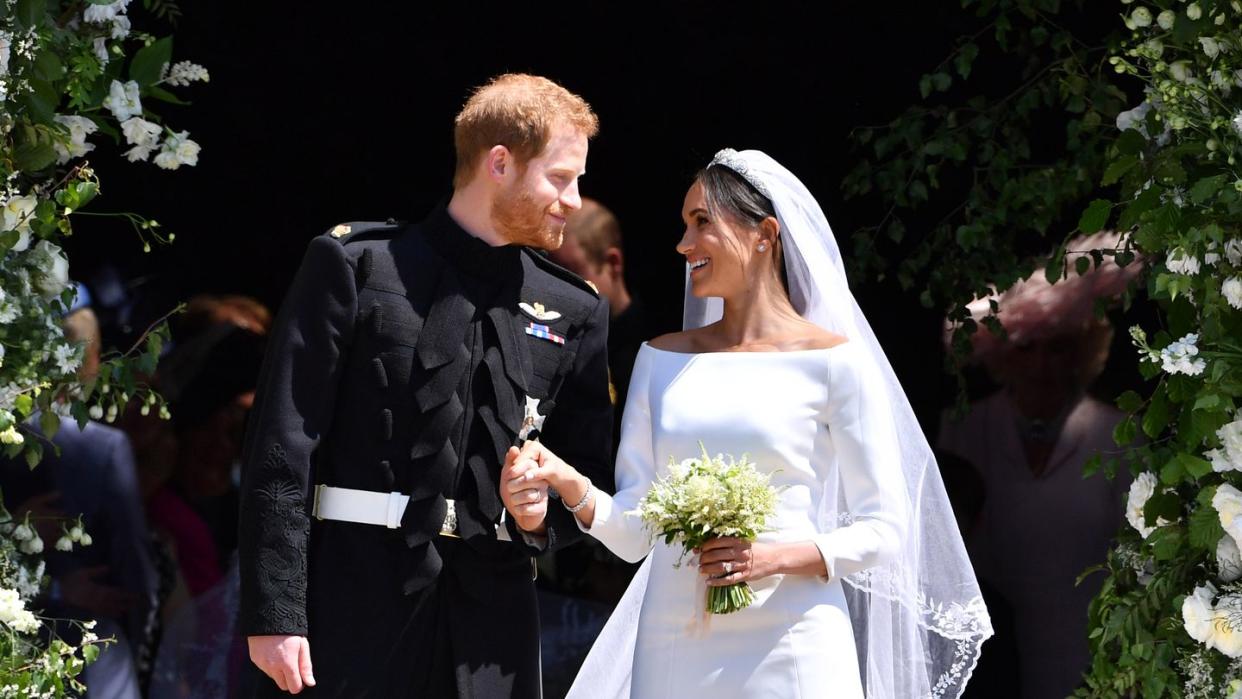
Earlier this year, Prince Harry, the Duke of Sussex, released his record-shattering memoir, Spare. This initially felt more like a classic “tell-all,” which I would roughly define as a memoir in which the author has a record to set straight and various scores to settle. Spare and The Woman in Me seem similar in that sense: Both are confessional, and tell us stories we haven’t heard before. Both are by authors who, from a young age, have experienced a level of scrutiny by an intrusive press and public that even the biggest Hollywood stars really couldn’t imagine. And both underline a wider trend: The tell-all memoir is back.
Famous people have more ways to talk to their fans (and haters) than ever before. There’s social media, which allows for video posts, lengthy captions, and even stilted apologies when they’ve messed up. Then there’s the old-fashioned way: an interview with a newspaper or magazine. For the very famous, a televised sit-down with someone like Oprah Winfrey—full of viral moments like “Were you silent? Or were you silenced?” 👌🏿—might also work. But in our increasingly digitized lives, despite people reading fewer books than ever, memoirs are becoming the go-to method of sharing for the mega-famous. What’s driving the Autobiographaissance?
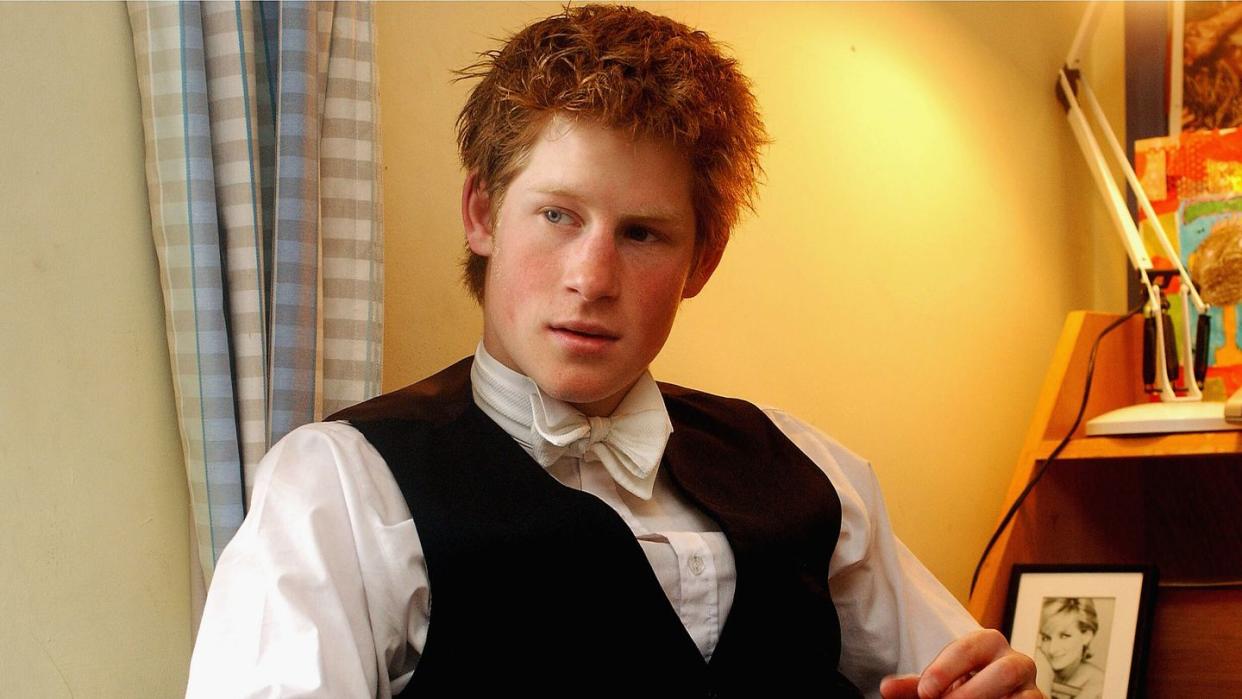
There are a couple of obvious factors. First: Money talks, baby! Even people who are already very wealthy have a price. For Spears, a book deal is one of the most bankable ways to share her story. (She was reportedly paid $15 million by publisher Simon & Schuster.)
Second: A memoir provides a level of creative control that public figures can’t always get elsewhere. Interviews are written up by journalists through our own view of a conversation. Filmed sit-downs are edited, and vital parts might end up on the cutting-room floor. For figures like Spears and Prince Harry—who have been burned by the press so many times—a memoir gives them the space to tell their stories on their own terms, without someone interjecting or narrativizing them.
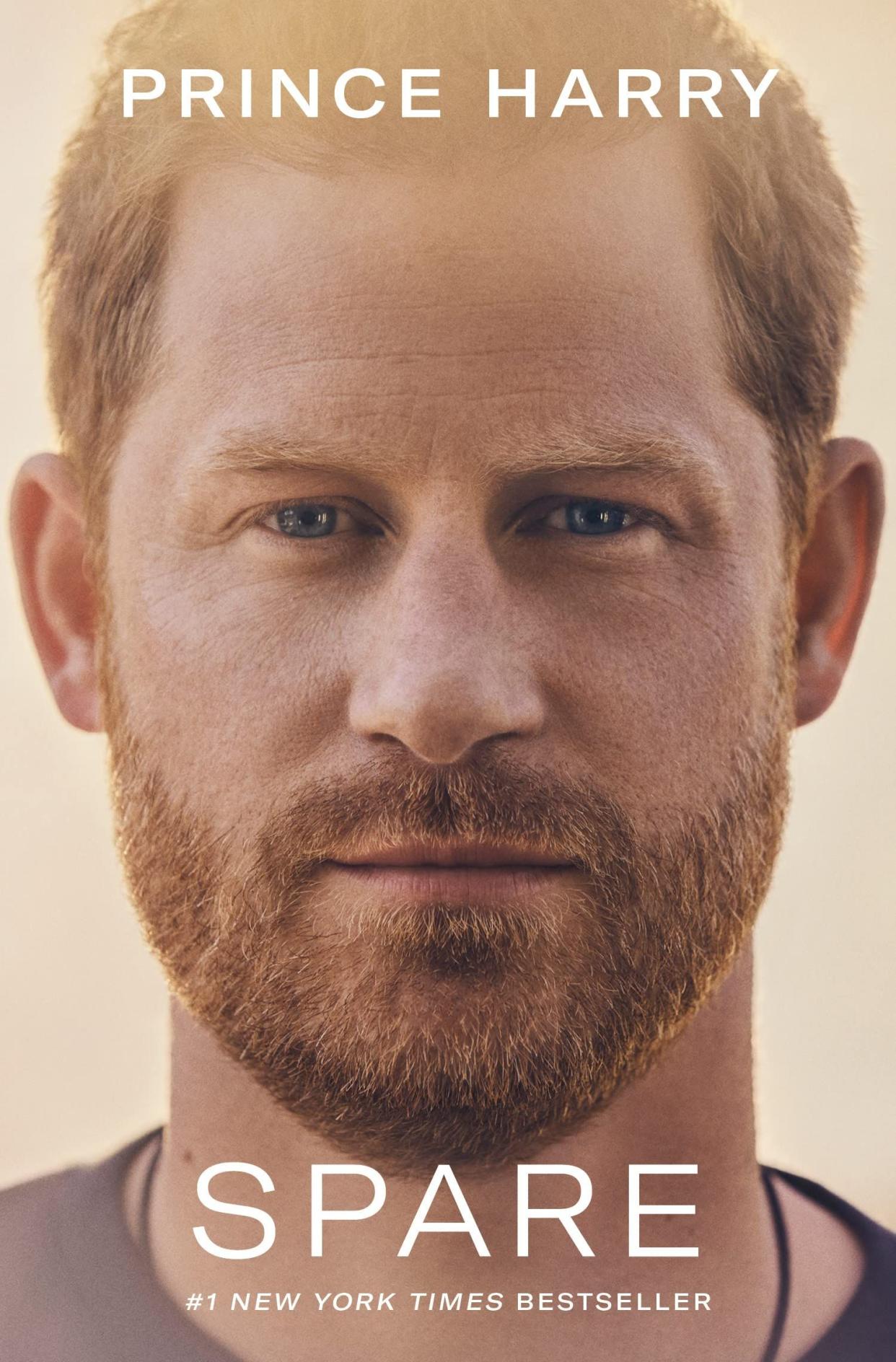
Spare, by Prince Harry
amazon.com
$17.99
The second point sounds great in theory, but it’s probably a little naive. In the social media landscape, most people don’t read these memoirs in full. Instead, they pick up on snippets which are taken out of context and turned into articles with juicy headlines. I listened to Prince Harry’s audiobook—narrated by himself over 15 hours and 37 minutes—in preparation for writing a review. And I was struck by how different Spare was from the impression I’d been given by the hundreds of clickbait articles and viral posts invading my feeds.
Coverage focused on Harry’s beef with stepmother-turned-queen Camilla, or silly stories about losing his virginity in a field or his frostbitten penis on the day his brother (“Willy,” as Harry aptly calls him) got married. But the actual text was harrowing and sad—particularly when it discussed the death of Harry and William’s mother, Princess Diana, the ensuing breakdown of Harry’s familial relationships, and the media harassment he’d endured since childhood. Spare broke just about every record there is, becoming the best-selling hardcover book in recent memory, but the majority of people didn’t read it—they read about it elsewhere.
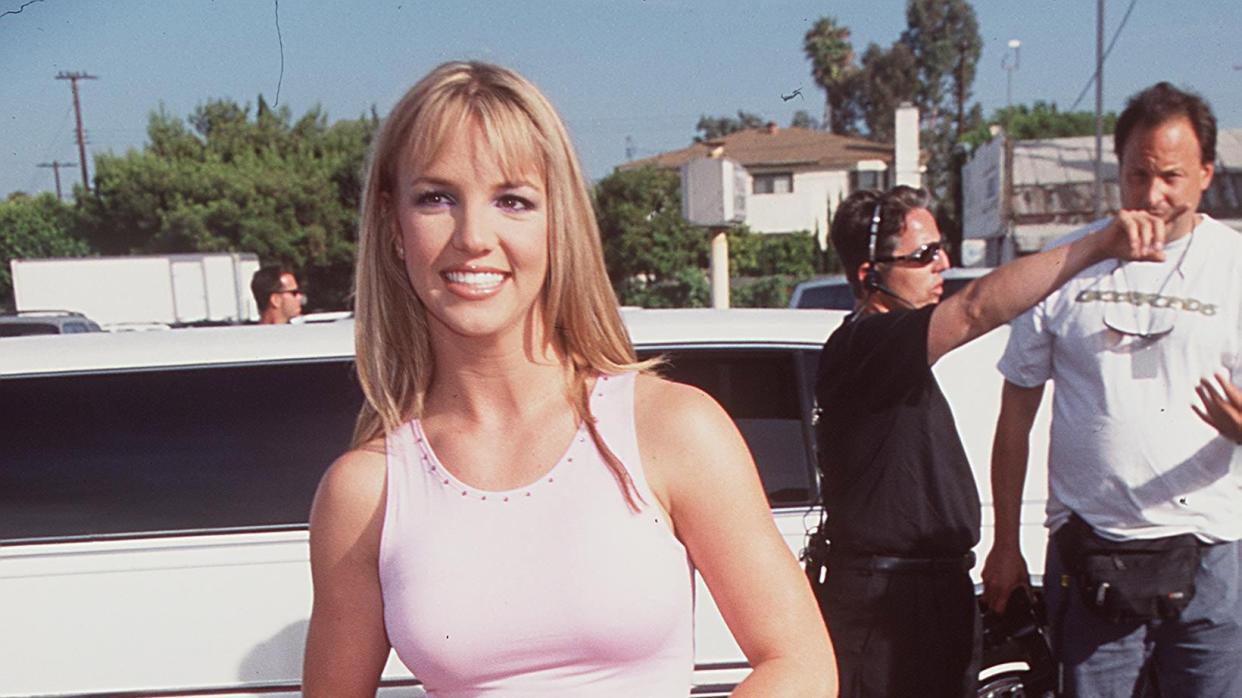
This is a wider story about how we consume content. Social media incentivizes corner-cutting: Most of us are time-poor and facing a constant onslaught of new content, so why spend hours reading a book when you can scan a quick list of “5 of the Biggest Bombshells” instead? Listen to only a few viral snippets of Spears’s book—expertly read aloud by actor Michelle Williams, by the way—and you’ll feel like you can participate in the conversation about it. For example, an audiobook clip of Justin Timberlake’s deeply cringe “blaccent” went viral. (As of this writing, it has been viewed over 16 million times on X). Williams’s high-art narration of Timberlake saying “Fo shiz, fo shiz!” has now been written up in news articles by ET, BuzzFeed, the Daily Mail, the New York Post, and even the Los Angeles Times and BBC.
This web traffic loop might seem harmless, but it isn’t always. Most people say they watched the libel trial between Amber Heard and Johnny Depp, but what they actually did was watch short clips amplified for engagement by media outlets and content creators, and fed to the audience by an algorithm. That’s very different. There is so much potential for vital nuance and context to be missed as we click, click, click. Even the leaked details about Spears having an abortion as a teen had people leaping to judgements and firm conclusions before they had taken the time to read the full story—or even her side of it.
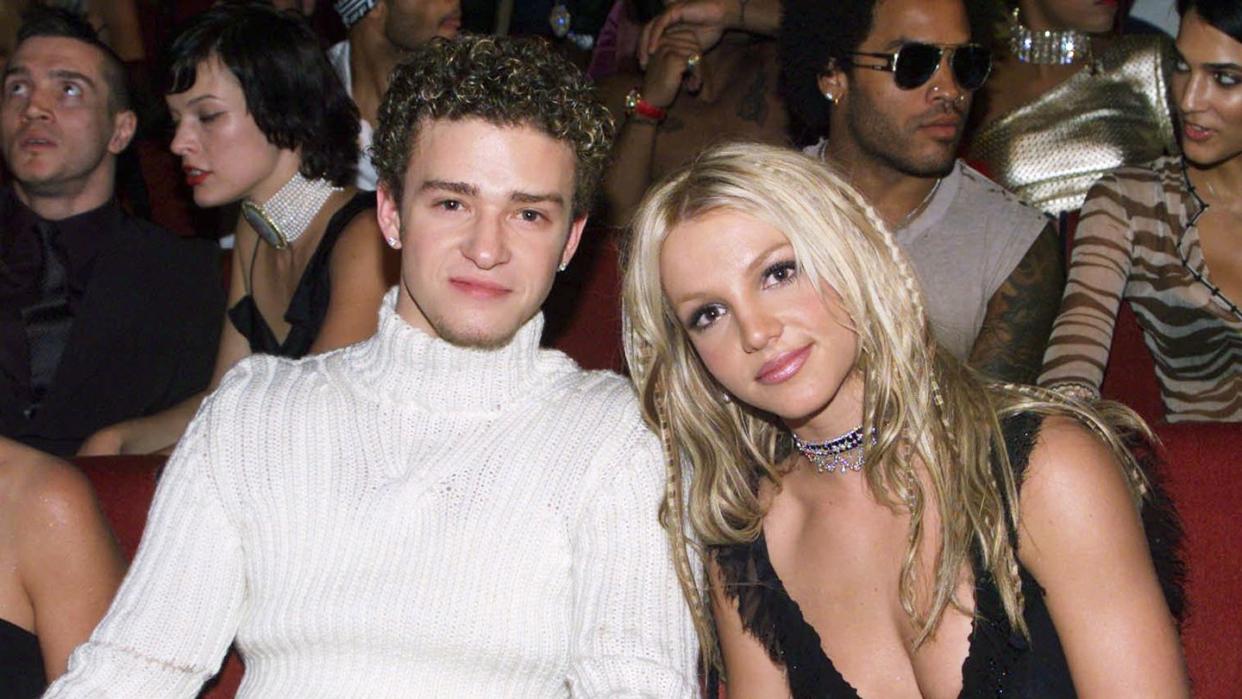
Ahead of the release of The Woman in Me, Spears complained about some of the “dumb and silly” press coverage. Now that the book is out in the world, it’s like a dam has broken and we’re being flooded with content. And it's not just publications covering the book (as Bazaar has done), but tabloids repeating the cycles of dehumanization-via-headline detailed within it. The same media outlets that profited from Spears’s 2008 mental health crisis are already serializing her story in the most sensationalist way possible.
The upside is that Spears has millions of devoted fans who are now reading her whole story from start to finish. (The book had the highest-selling first day of any celebrity memoir.) They are spending not only money on her, but also their precious time listening to what she has to say. Maybe that’s the most elite marker of fame today, when our attention spans have been melted by screens? Fans who are still putting in the work (bitch!).
The tell-all memoir seems like it’s having a moment—and it is. But it’s got more to do with the fairly old-school format working very well with how we’re encouraged to consume and discuss content online. Most people—even the ones who danced (and shrieked) alongside me on the night Spears won her freedom—will read about her book in media reports or posts unpacking the most “OMG!” details. That’s just how the content cycle works. It has us clicking, posting, and reading more quickly—but not necessarily more thoughtfully, or thoroughly.
That is a particular shame here, because The Woman in Me is an important story about a young woman who was built up and then torn down, exploited by so many people, including her own family. Like Prince Harry’s Spare, it might have seemed like a juicy, tabloid-ready tell-all at first glance. A way for Spears to smite her enemies. But within the pages there’s a story the headlines don’t capture. “I was a teenage girl from the South. I signed my name with a heart. I liked looking cute,” Spears writes, reflecting on her lost innocence. “Why did everyone treat me, even when I was a teenager, like I was dangerous?”
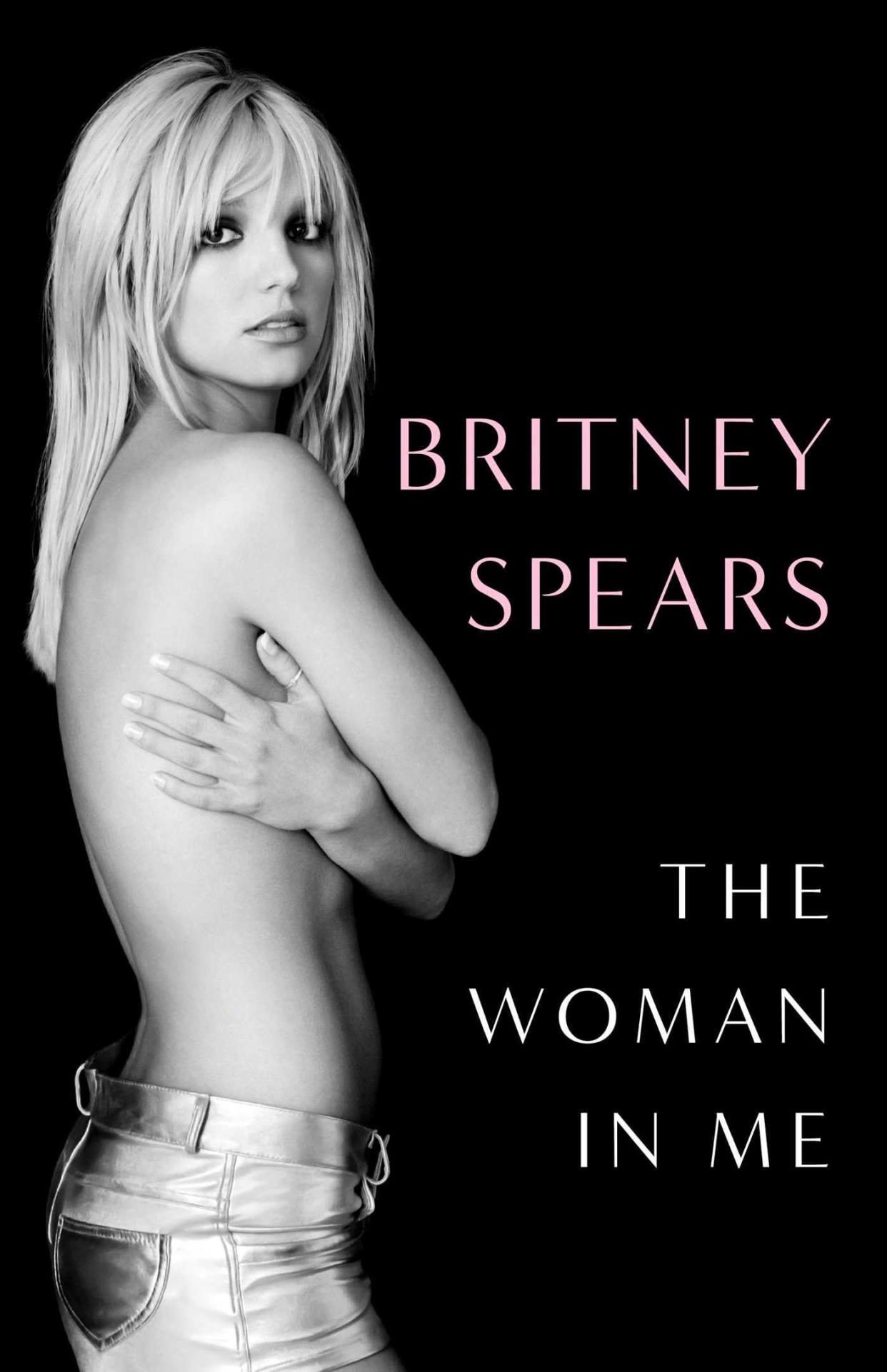
The Woman in Me, by Britney Spears
amazon.com
$22.38
You Might Also Like
